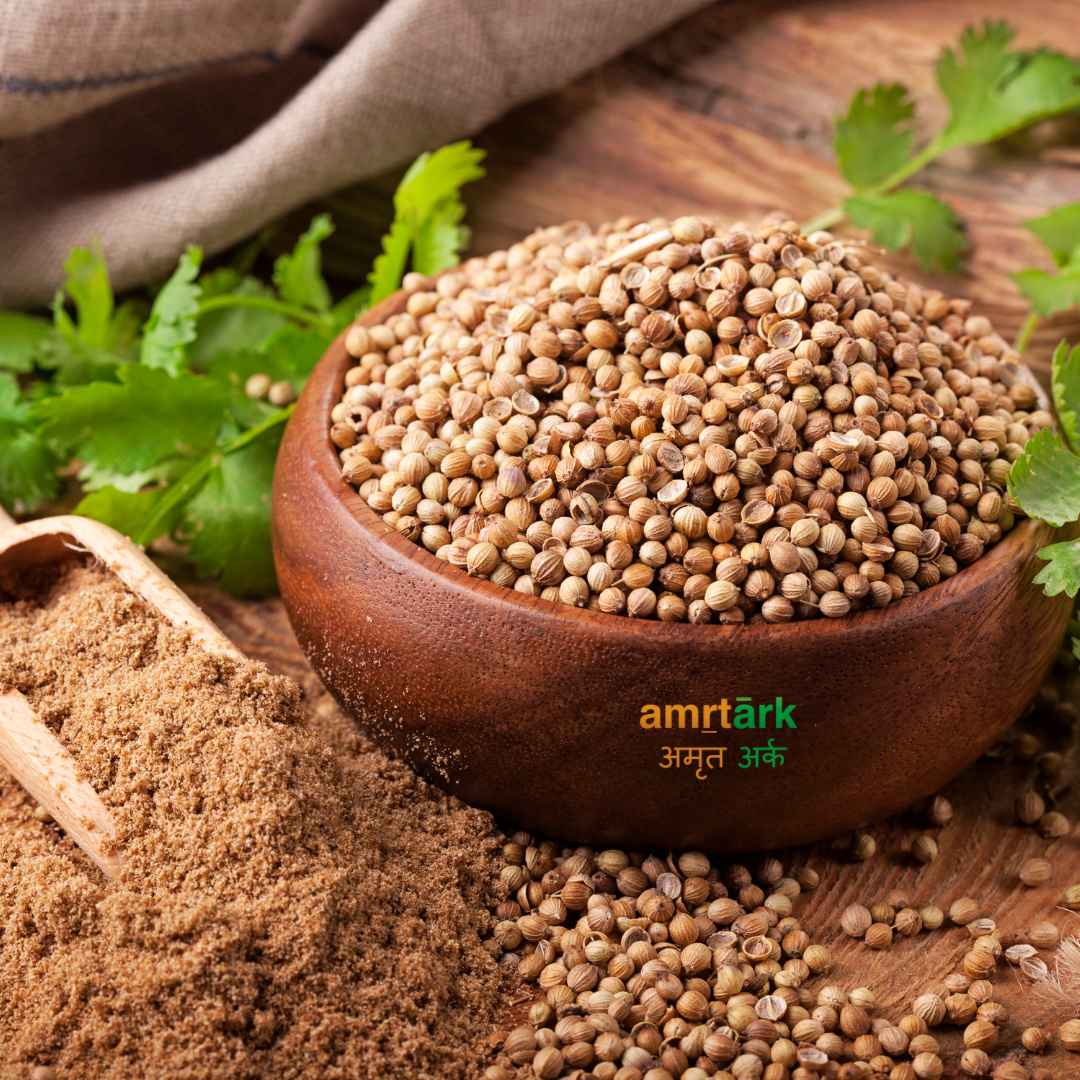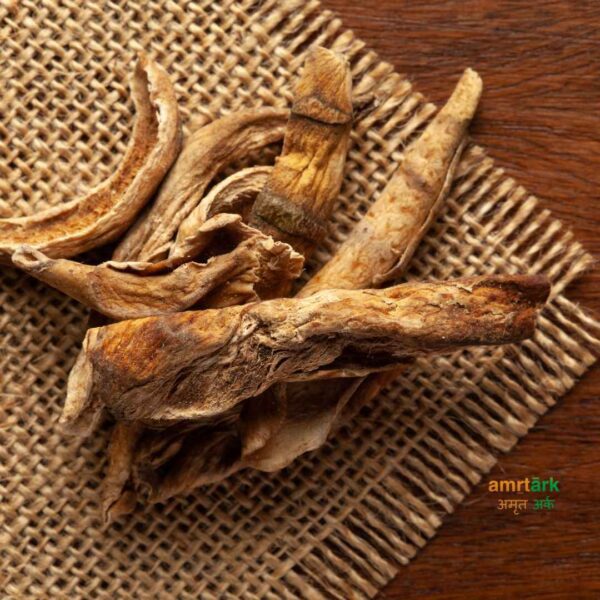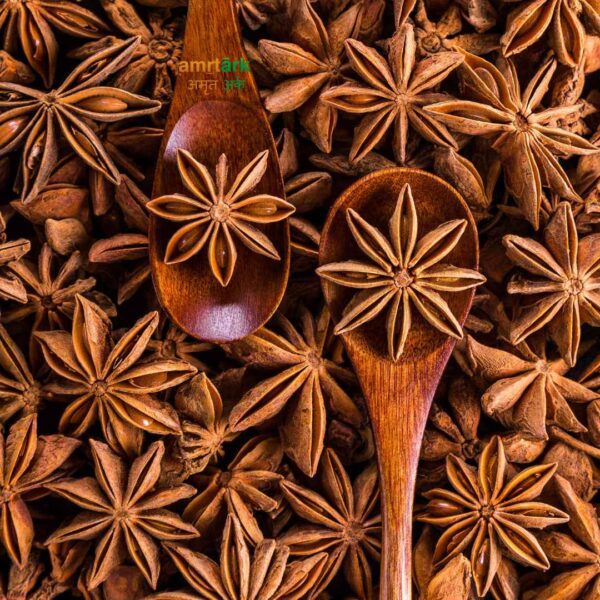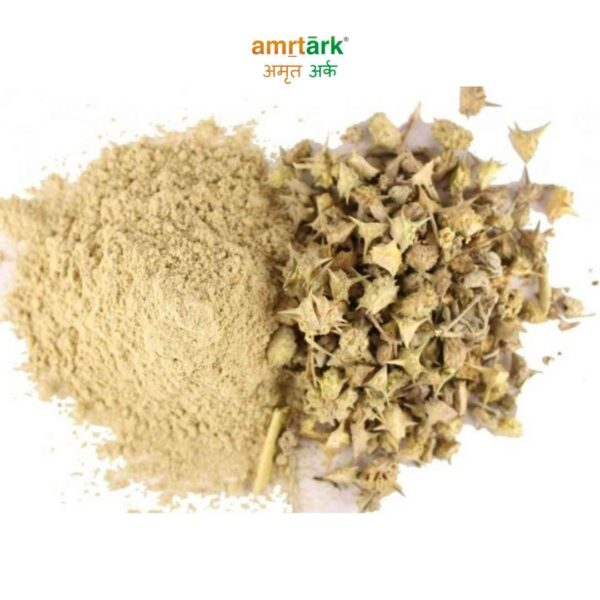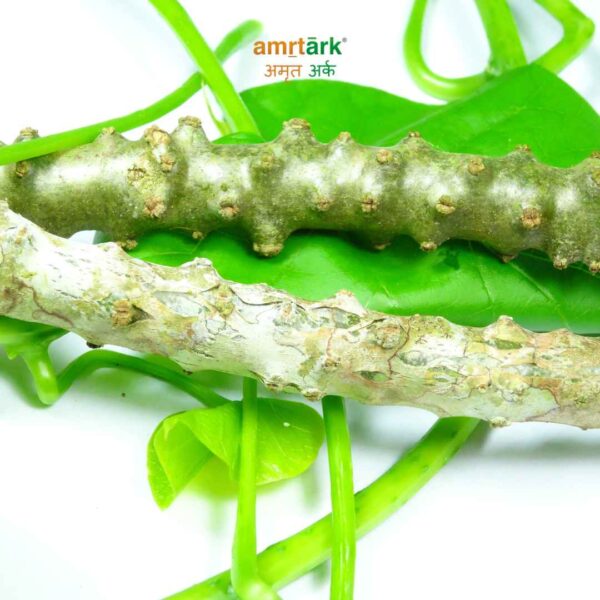Description
Coriander Seeds (Coriandrum sativum)
Coriander seeds, obtained from the plant Coriandrum sativum, are small, round, and beige to light brown in color. These seeds are commonly used in various cuisines around the world for their warm, citrusy, and earthy flavor. While the fresh leaves of the plant are known as cilantro or fresh coriander, the dried seeds offer a distinctly different flavor profile and are a popular spice in both whole and ground form. Coriander seeds are an essential ingredient in spice blends, curries, and pickles, and they offer several health benefits, particularly related to digestion and inflammation.
Botanical Characteristics
- Common Names: Coriander seeds, dhaniya seeds, cilantro seeds
- Scientific Name: Coriandrum sativum
- Family: Apiaceae (the carrot or parsley family)
- Origin: Native to the Mediterranean and Middle Eastern regions, coriander is now cultivated in many parts of the world, including India, Egypt, and South America.
Appearance and Flavor Profile
Coriander seeds are small, round, and ridged, about 3-5 mm in diameter. When dried, the seeds are light brown to yellow in color, with a hollow, papery exterior. The seeds have a slightly nutty, citrusy, and earthy flavor with subtle notes of spice. When toasted or ground, their aromatic qualities become more pronounced, releasing sweet, lemony, and peppery scents.
Culinary Uses of Coriander Seeds
Coriander seeds are used in a variety of ways in the kitchen, both whole and ground, and are a key component in many spice blends and recipes:
- Spice Blends: Coriander seeds are a core ingredient in spice blends such as garam masala, curry powder, and ras el hanout. They are also used in Mexican seasoning blends like adobo and are integral to Middle Eastern spice mixtures like baharat.
- Curries and Stews: Whole or ground coriander seeds are commonly added to curries, stews, and gravies. In Indian cooking, they are often combined with cumin seeds and other spices to create a flavor base for various dishes.
- Pickling: Coriander seeds are often used in pickling spice mixtures. They lend a tangy, slightly sweet flavor to pickled vegetables, relishes, and brines, particularly in Eastern European and Indian pickles.
- Meat and Seafood Dishes: Ground coriander seeds are used as a seasoning for meat, fish, and poultry. Their earthy flavor complements grilled or roasted meats, and they are often combined with other spices like cumin, paprika, and garlic.
- Vegetable Dishes: Coriander seeds add flavor to roasted or sautéed vegetables, soups, and salads. Ground coriander can also be sprinkled on root vegetables, lentils, or beans for an earthy, citrusy taste.
- Baking: In some cultures, coriander seeds are used in baking, particularly in rye bread and spice cookies. They provide a warm, citrusy undertone that enhances the flavor of baked goods.
- Teas and Beverages: Coriander seeds are often used in herbal teas and beverages, especially in Ayurvedic and traditional Chinese medicine for their cooling and digestive properties.
- Condiments and Chutneys: Ground coriander seeds are used to flavor chutneys, dips, and sauces, adding a subtle, aromatic complexity to condiments.
- Marinades and Rubs: Ground coriander is commonly used in marinades and dry rubs for meats and fish. Its citrusy and earthy notes pair well with lime, garlic, and chili.
Health Benefits of Coriander Seeds
Coriander seeds are rich in essential oils, dietary fiber, and beneficial plant compounds that offer a range of health benefits:
- Aids Digestion: Coriander seeds have long been used as a digestive aid. They help stimulate digestive enzymes and juices, promoting healthy digestion and reducing bloating, gas, and indigestion. Coriander seed tea is often consumed to relieve an upset stomach.
- Anti-inflammatory Properties: The essential oils in coriander seeds, such as linalool and geraniol, have anti-inflammatory effects, making coriander seeds useful in managing conditions like arthritis and inflammatory bowel disease.
- Antioxidant Power: Coriander seeds contain antioxidants that help neutralize free radicals in the body, reducing oxidative stress and potentially lowering the risk of chronic diseases like cancer and heart disease.
- Regulates Blood Sugar Levels: Studies suggest that coriander seeds may help lower blood sugar levels by improving insulin sensitivity. This makes them beneficial for people with diabetes or those at risk of developing it.
- Promotes Heart Health: The potassium content in coriander seeds helps regulate blood pressure and heart function. Additionally, coriander seeds are believed to reduce bad cholesterol (LDL) levels while increasing good cholesterol (HDL), thus promoting cardiovascular health.
- Anti-bacterial and Anti-fungal: Coriander seeds possess antimicrobial properties that can help fight off harmful bacteria and fungi. They are used in traditional medicine to treat infections and foodborne illnesses.
- Improves Skin Health: Coriander seeds are known to have antiseptic and anti-inflammatory properties, making them useful for treating skin conditions like acne, eczema, and rashes. They can be used in face packs or consumed as part of a balanced diet for clearer skin.
- Weight Management: Coriander seeds may aid in weight management by improving digestion and metabolism. The fiber in coriander seeds helps promote a feeling of fullness, potentially reducing overall calorie intake.
- Detoxifying: Coriander seeds help detoxify the body by promoting urination and reducing water retention. This diuretic effect helps eliminate toxins and excess salts, which can be beneficial for kidney health.
Traditional and Ayurvedic Uses
In Ayurveda, coriander seeds, known as Dhaniya, are considered a cooling spice and are often used to balance Pitta and Vata doshas. They are used to promote digestion, reduce acidity, and detoxify the body. Coriander seed water (dhaniya ka pani) is a popular home remedy for reducing body heat and aiding digestion, often consumed during hot weather to cool the body.
In traditional Chinese medicine (TCM), coriander seeds are believed to invigorate the spleen and stomach, helping to improve appetite and digestion.
Nutritional Profile (per 100g of coriander seeds)
- Calories: 298 kcal
- Protein: 12.4 g
- Fat: 17.8 g
- Carbohydrates: 54.99 g
- Fiber: 41.9 g
- Calcium: 709 mg
- Iron: 16.32 mg
- Magnesium: 330 mg
- Potassium: 1267 mg
- Vitamin C: 21 mg
Coriander Seeds vs. Fresh Cilantro
While both coriander seeds and fresh cilantro come from the same plant, they differ in flavor and usage:
- Flavor: Coriander seeds have a warm, earthy, and citrusy flavor, while fresh cilantro leaves have a bright, tangy, and slightly peppery taste.
- Culinary Use: Fresh cilantro is used as a garnish or flavoring for salads, salsas, and soups, while coriander seeds are used as a spice in cooking, either whole or ground.
- Storage: Coriander seeds have a long shelf life when stored in an airtight container, while fresh cilantro is perishable and needs to be used within a few days.
How to Use Coriander Seeds in Cooking
- Toasted or Ground: Toast coriander seeds in a dry skillet to enhance their flavor before grinding them into powder or using them whole in recipes.
- In Spice Blends: Add ground coriander to spice blends for curries, stews, or roasted vegetables.
- As a Pickling Spice: Use whole coriander seeds in pickling brines for vegetables and relishes.
- In Marinades: Mix ground coriander with lime, garlic, and other spices to make marinades for meat or fish.
Side Effects and Precautions
Coriander seeds are generally safe for most people when consumed in moderation. However, there are a few considerations:
- Allergic Reactions: Some individuals may experience allergic reactions to coriander seeds, especially those who are allergic to plants in the Apiaceae family, which includes celery, carrots, and parsley.
- Photosensitivity: Coriander seeds may increase sensitivity to sunlight in some individuals, leading to a higher risk of sunburn or skin irritation when exposed to the sun.
- Medication Interference: Coriander seeds may lower blood sugar levels, so individuals taking diabetes medications should monitor their blood sugar levels when consuming coriander seeds.

